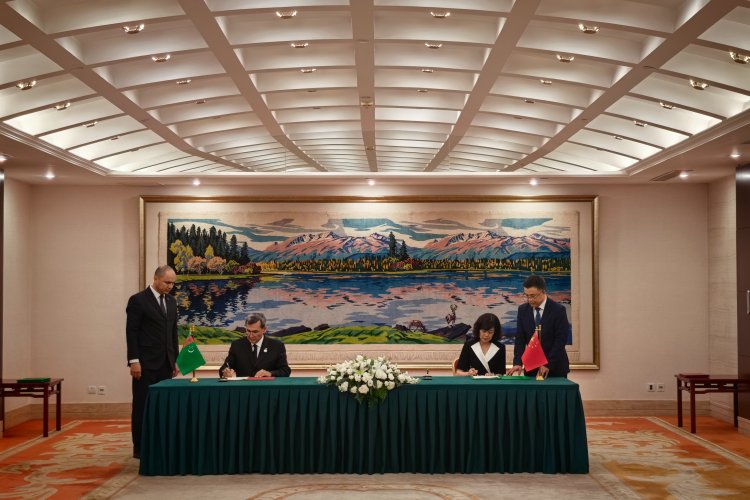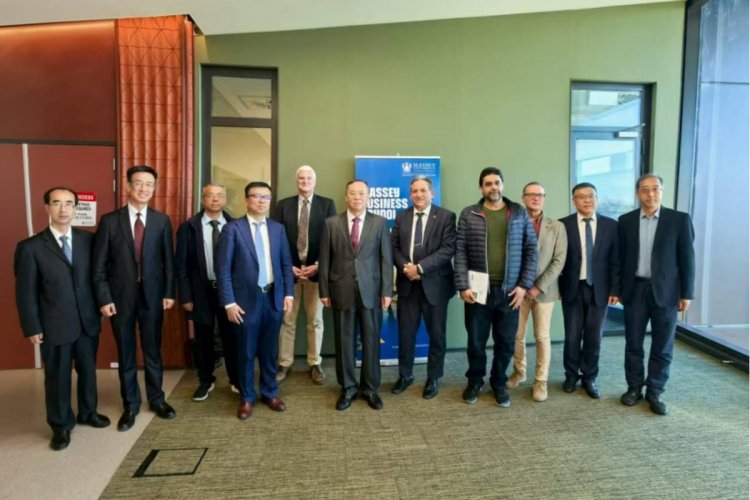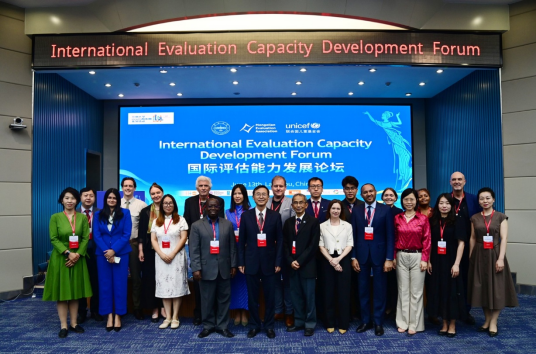During the course of the Belt and Road Initiative Forum for Ecological Civilization held by University Alliance from September 23rd to 25th, Yan Chunhua, president of LZU, and Pan Baohua, vice-president of LZU, respectively met with some distinguished guests, and thoroughly discussed the topics of common interest such as exchanges and cooperation.
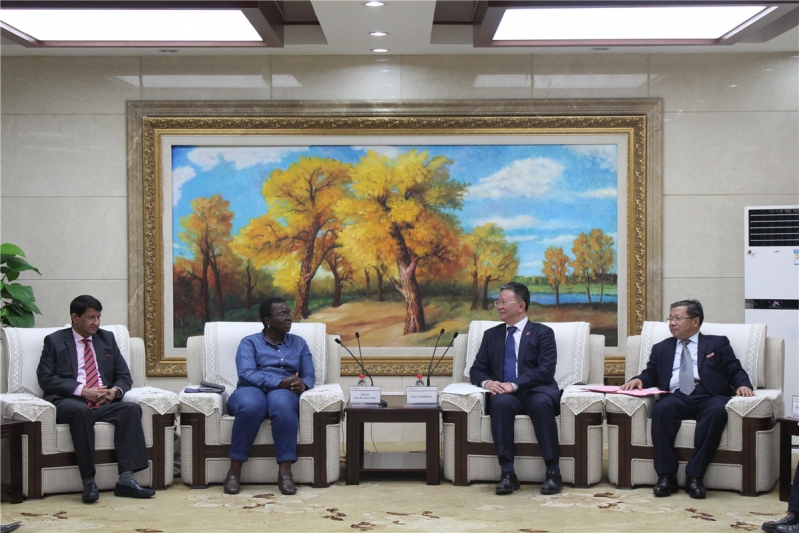
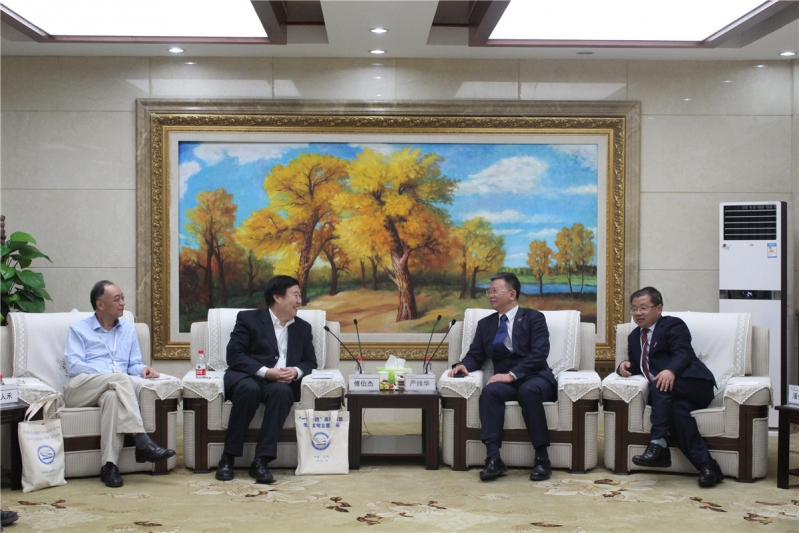
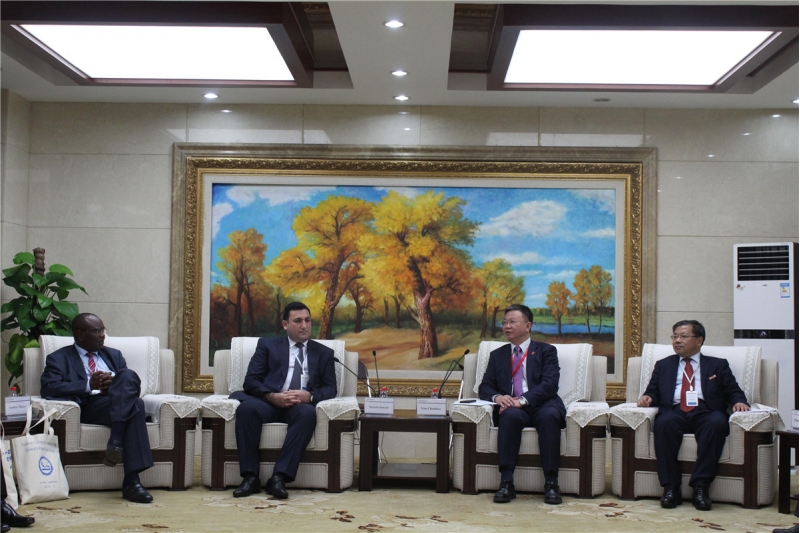
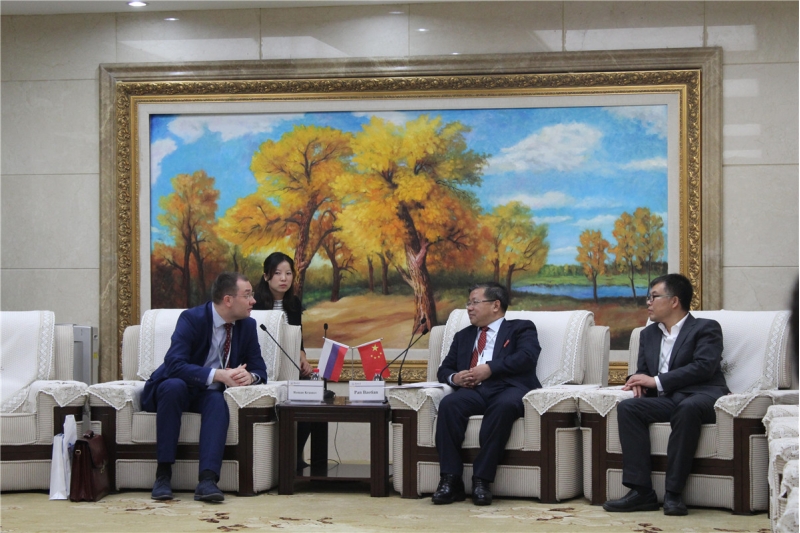
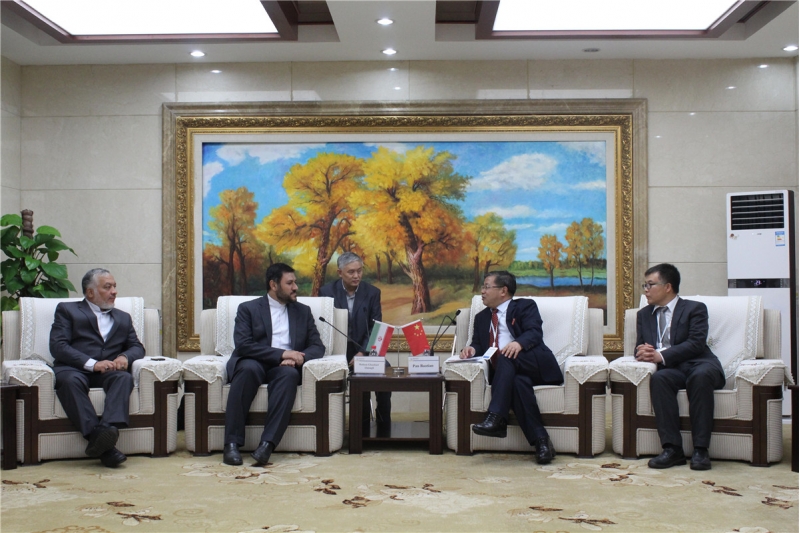
Those distinguished guests included Juliette Biao, director of the African office of the United Nations Environment Programme, Ishtiaq Ahmad,president of the University of Sargodha, Pakistan, Mustafa Babanli, president of Azerbaijan National Petroleum Technology University, Geoffrey Muluvi, president of the Southeastern University of Kenya, Roman Krasnov, vice-president of the Russian Ural State University of the Economy, Mohsen Ghanbari Alanagh, vice-president of the International University of Mustafa, Iran, Kadambot Siddique, special representative for the president of the University of Western Australia, Saeed Akhtar, director of the Institute of Food Science and Research, University of Bahadin-Zakaria, Pakistan, Muhammad Ashraf, chairman of the Science Foundation of Pakistan, academician of the Third World Academy of Sciences, and academician of Pakistani Academy of Sciences, academician Neil C. Turner, academician of the Australian Institute of Technology Science and Engineering, and the winner of Chinese Government Friendship Award and Dunhuang Award of Gansu Provincial People’s Government, Fu Bojie, academician of the Ecological Environment Research Center, Chinese Academy of Sciences, as well as Zhang Renhe, academician from Fudan University.
President Yan Chunhua welcomed all the guests to attend the forum and introduced the basic information of LZU and “Belt and Road Initiative” University Alliance. He said that Gansu province, located in the golden area of “Belt and Road”, boasts abundant resources with the complex topography and vulnerable ecosystem. Therefore, sustainable development and ecological environment protection are major pressing issues Gansu faced, which are shared by the majority of countries and regions along the B&R. He noted that with the “double first class” construction of LZU gaining strong support from both central and local government, LZU has embraced new historical opportunities. He hoped that all experts along the B&R could enhance the cooperation in students and teachers exchange, joint project submission, and especially the ecological areas under the B&R framework so as to deal with the challenges brought by ecosystem sustainability and climate change. Meanwhile, Yan also welcomed foreign students to exchange and study in LZU to promote cultural exchange and heritage.

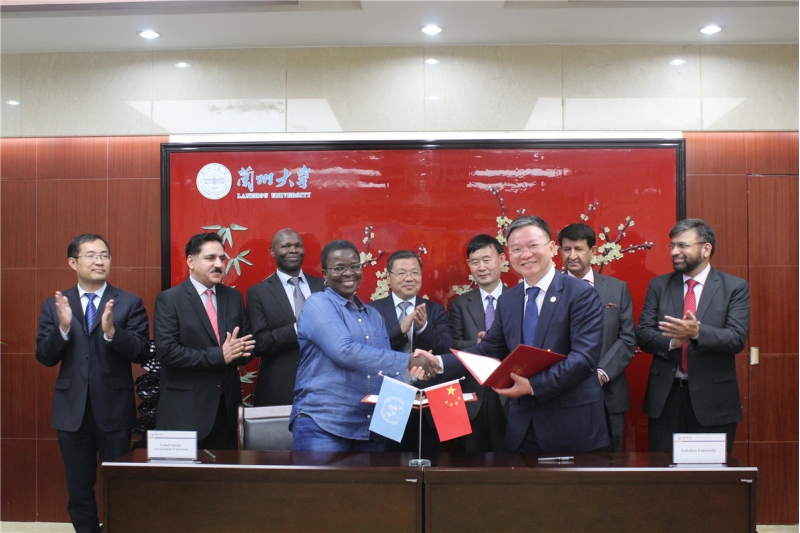


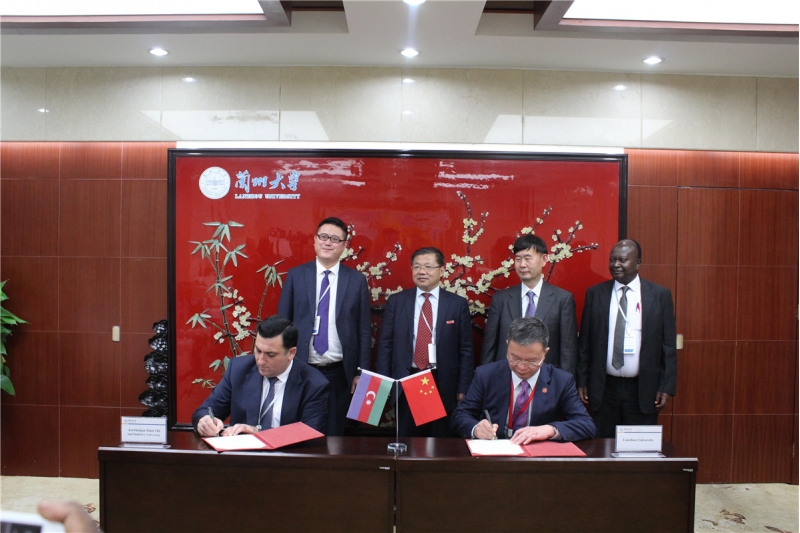
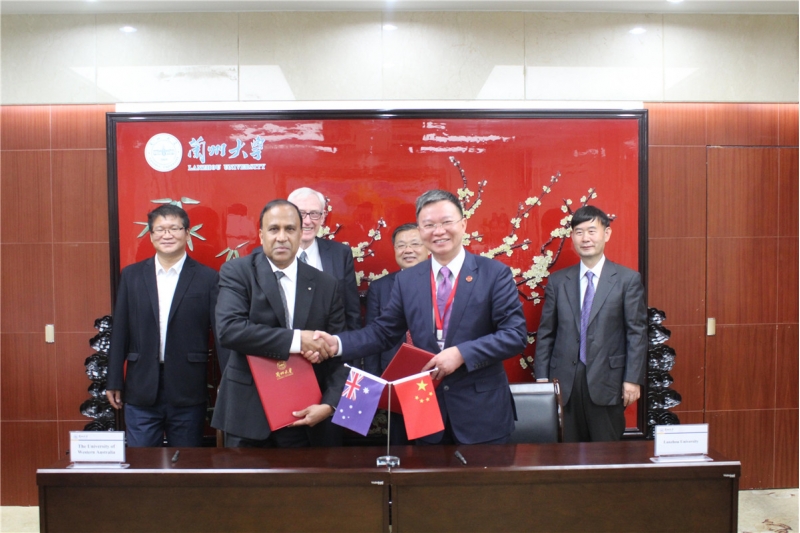
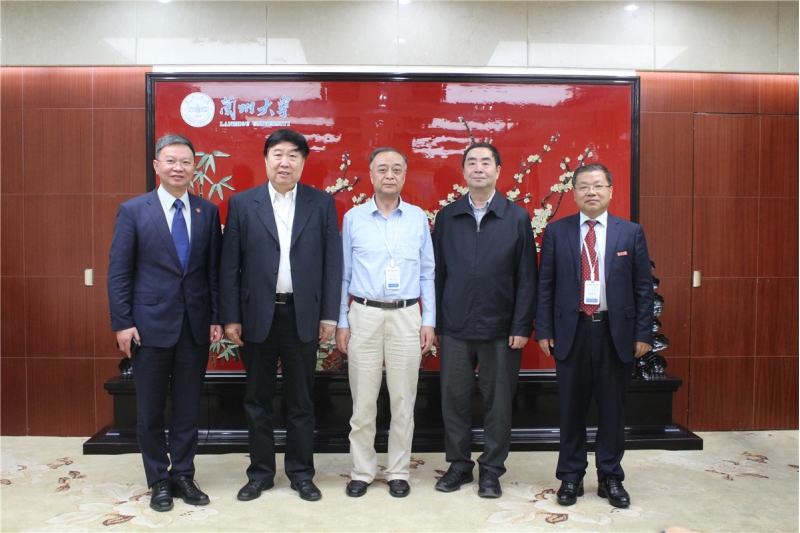
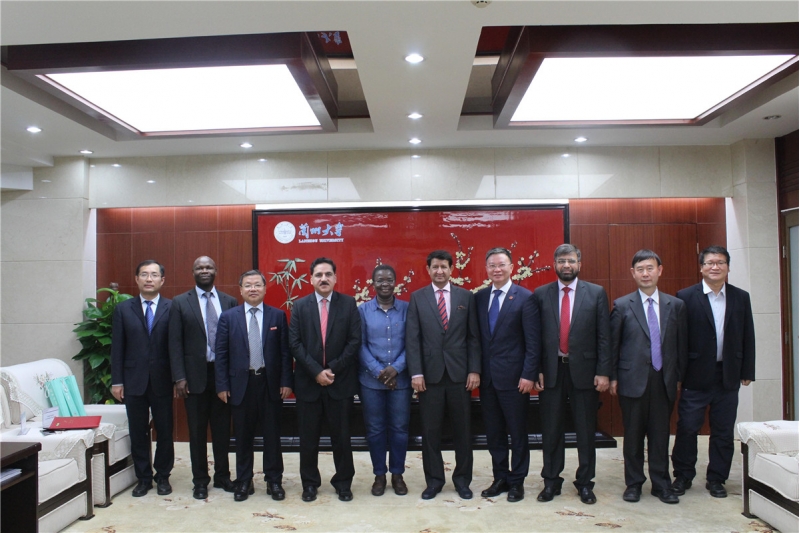
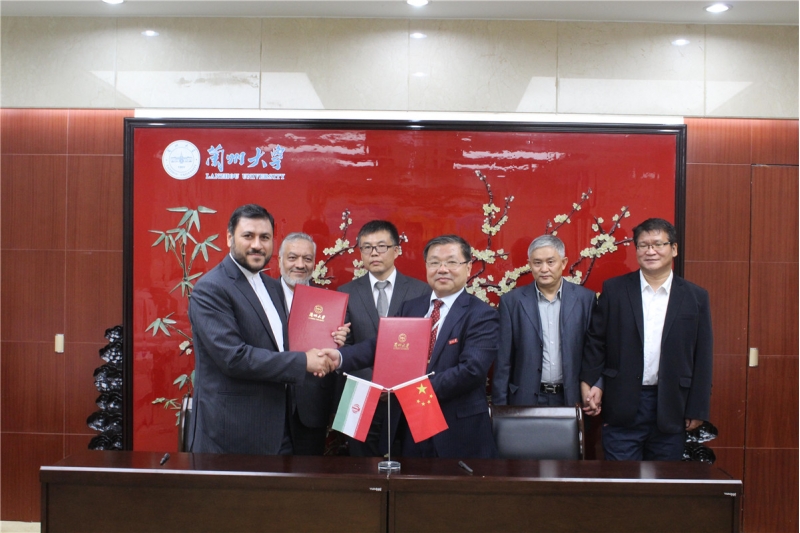
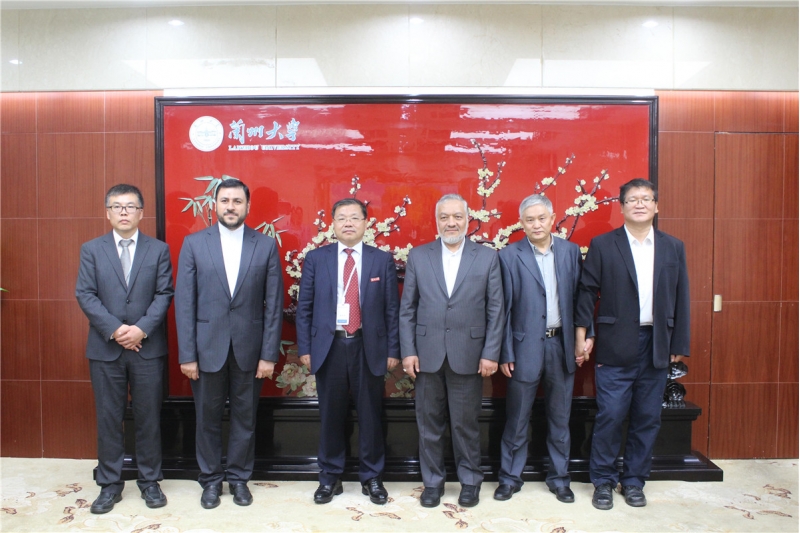
After the meeting, Yan Chunhua and Pan Baotian, on behalf of LZU, signed the cooperation agreement with the representatives from the United Nations Environment Programme, University of Sargodha, University of Bahadin-Zakaria, University of Western Australia, Southeastern University of Kenya, Azerbaijan National Petroleum Technology University, and the International University of Mustafa.
(Translated by Yang Han; proofread by Zhang Yuyuan; edited by Zhang Yuyuan)


